
China’s inward shift has profound implications for the world economy
- Faced with global uncertainties and an America once again trying to isolate it internationally, Beijing’s renewed emphasis on self-reliance makes sense
- Even if full decoupling with the United States remains unlikely, Chinese leaders are obviously preparing for the worst
Since 1979, Deng Xiaoping’s open-door policy has opened up China to overseas investment and technological know-how and the country has become the world’s factory. The policy of self-reliance has given way to that of interdependence, which has helped build the world’s second-largest economy.
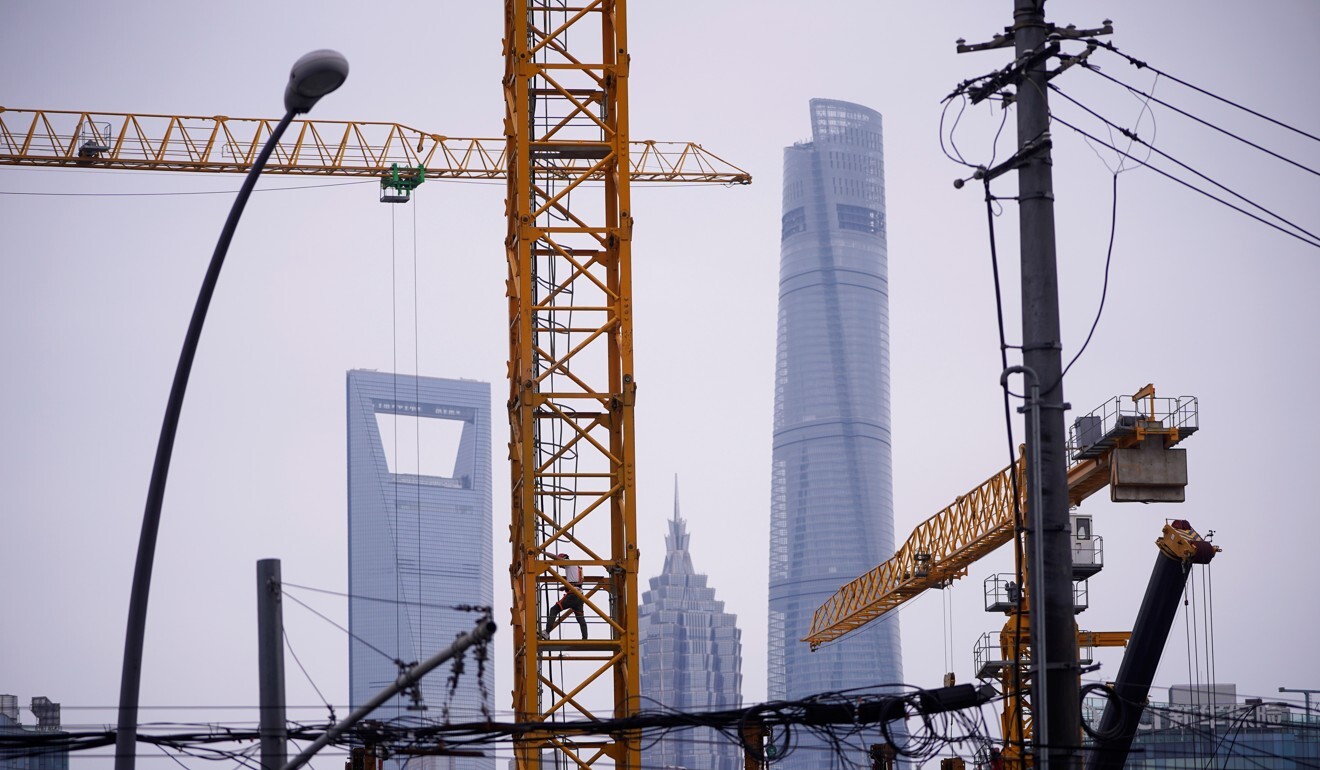
Over the past two months, a new catchphrase known as “dual circulation theory” has been gaining currency but also causing controversy at the same time. According to the theory explained in official media, Chinese leaders envision a new economic pattern to be dominated by “major domestic economic circulation” and facilitated by circulation between China and the rest of the world.
At a time of global uncertainties, the government’s renewed emphasis on internal circulation by boosting domestic consumption and industries makes sense.
Hong Kong national security law: all eyes on the US, but Beijing holds all the cards
Later that month, Xi further explained the theory in a meeting with a group of government advisers at the annual sessions of the National People’s Congress and the Chinese People’s Political Consultative Conference.
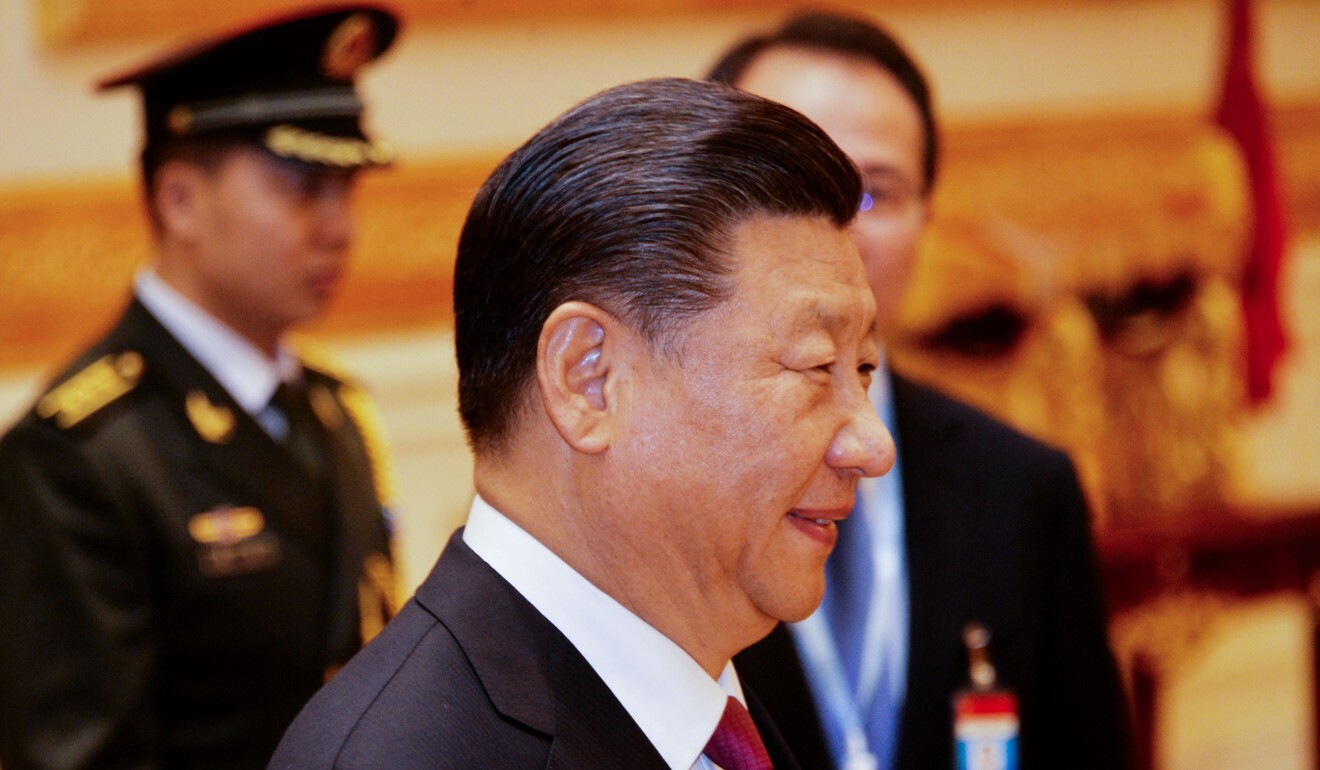
He said China had the most comprehensive range of industries in the world and its 400-million-strong middle class offered extraordinary market potential.
Xi said China would focus on overcoming structural imbalances and developing a more closely integrated domestic market to become the mainstay of the economy.
Last month, Vice-Premier Liu He, one of Xi’s most trusted advisers, sounded an even more optimistic tone and said at a forum in Shanghai that the dual circulation pattern was already taking shape.
Coronavirus leaves China to rule the world? Truth is, it’s neither ready nor willing
The inward shift does not necessarily mean China will retreat from global supply chains or into isolation. In fact, Beijing has sped up efforts to open up manufacturing and financial services to woo foreign investors, just as Washington intensifies its push to isolate China.
Still, China’s decisive turn to the domestic market and industries will have far-reaching implications not only on the Chinese economy but also on the world economy as a whole.
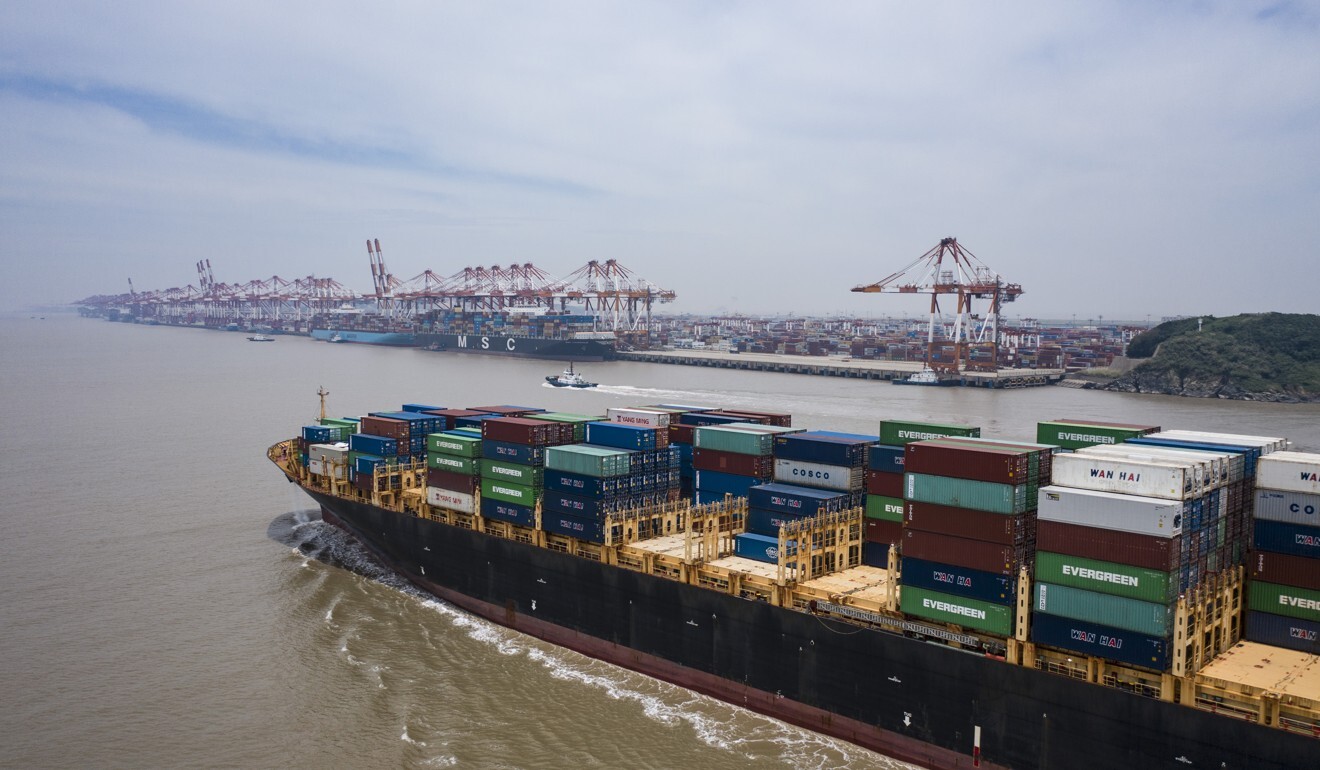
The shift stems from the Chinese leaders’ sombre assessment of external conditions, which are expected to worsen in a post-Covid-19 world.
More than once, Xi has warned that officials must be mentally and professionally ready for the worst-case scenarios “over a fairly long period to come”.
Geopolitically, a global backlash led by the US is building against China and the country faces the most hostile international environment in more than 30 years.
Washington has taken increasingly forceful measures to curb China’s economic clout and threatened to cut the country off from global supply chains.
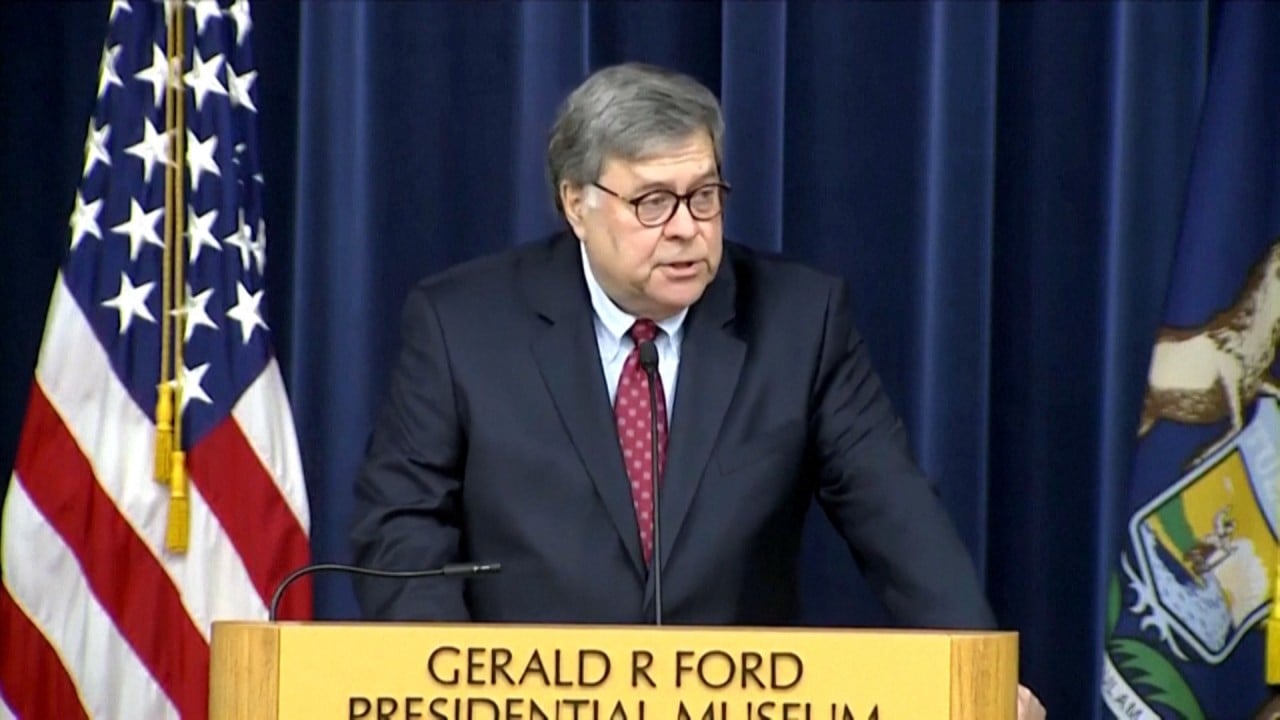
01:02
China uses 'predatory' tactics against US companies, says US Attorney General Bill Barr
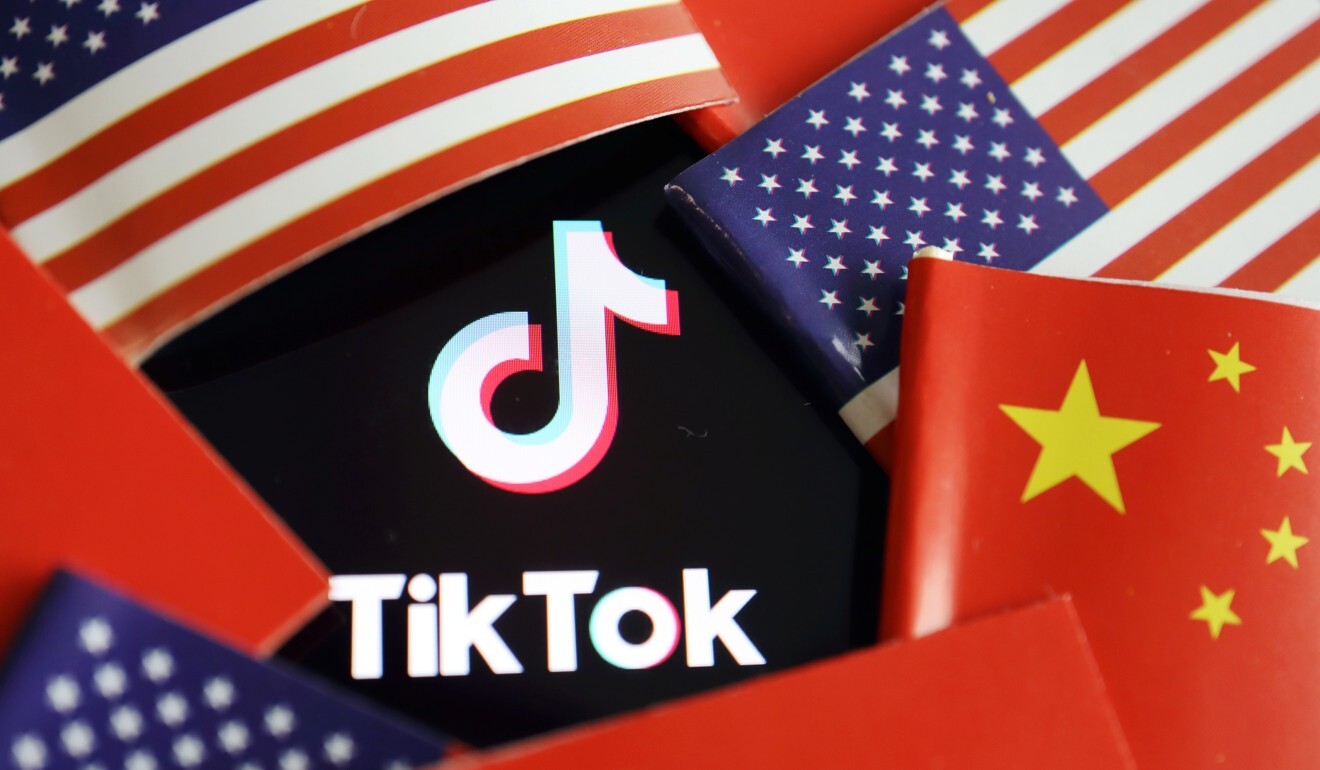
While the possibility of full decoupling between China and the US is very low, Chinese leaders are obviously preparing for the worst.
Why US and China are both stalked by concerns about the Cultural Revolution
The fact that Xi repeatedly mentioned that China has the world’s most complete range of industries seems to suggest that the country is fully capable of building up its own industrial and supply chains.
To be sure, China’s weakest links in the industrial and supply chains are in the new and advanced technologies, and hence Xi’s repeated calls for self-reliance in developing artificial intelligence, big data and 5G telecommunications. ■
Wang Xiangwei is the former editor-in-chief of the South China Morning Post. He is now based in Beijing as editorial adviser to the paper

